General regulations on conditions and standards for members of apartment management boards lead to abuse of power and profiteering, while lacking sanctions, according to the Law Committee.
The content was stated by the Law Committee in the Thematic Monitoring Report "Implementation of policies and laws on management, operation, renovation and reconstruction of apartment buildings", issued on August 22.
The Law Committee found that the 2014 Housing Law does not stipulate conditions and standards for members of the management board of apartment buildings, while Circular No. 28/2016 of the Ministry of Construction on the Regulations on management and use of apartment buildings stipulates "very briefly and simply". Accordingly, members of the management board only have to meet the conditions and standards of being the owner and currently using the apartment building or being authorized by the owner to attend the apartment building conference.
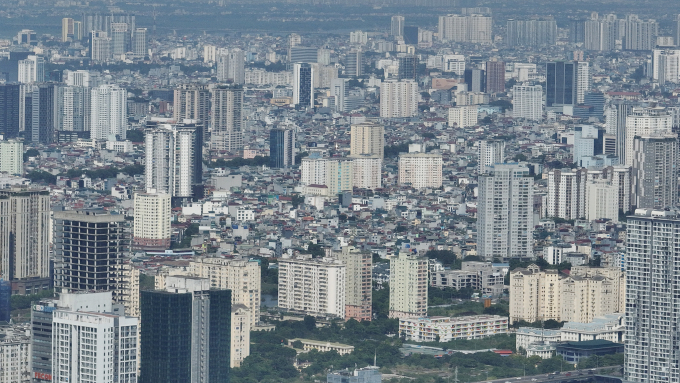
Apartment buildings and high-rise buildings in the western area of Hanoi. Photo: Ngoc Thanh
Meanwhile, the management board is an organization representing all residents of the apartment building, performing many important tasks regarding the use of people's funds (maintenance fund), management and operation of technical infrastructure items of the apartment building. In reality, because the conditions and standards for members of the management board are very simple, basically all residents are eligible to participate.
According to the Law Committee, this has resulted in some management boards violating the use of funds for maintenance, management and operation of apartment buildings; not fully understanding the provisions of the law on housing, leading to disagreements and disputes with investors and residents in some apartment buildings.
There are cases where management board members abuse their power for personal gain, such as hiring services outside the management and operation unit, arbitrarily using maintenance funds, appointing contractors for security, cleaning, maintenance, and building maintenance to receive commissions. "There are cases where management boards incite residents to file complaints, gather in large numbers, and cause disorder," the report stated.
The Law Committee also pointed out that current laws do not specifically stipulate how to organize condominium meetings (in person, online...); sanctions for violations by the management board and members are not complete, specific and effective.
Therefore, the Law Committee proposed that the draft Law on Housing (amended) study and supplement regulations on sanctions in cases where the management board or members of the management board exceed their authority, abuse their authority, and cause damage to residents.
According to the Housing Law, the management board must include the investor's representative if the apartment building has a part privately owned by the investor. Taking advantage of this regulation, some investors deliberately do not participate in the management board. When there is no investor, the results of the management board election will not be recognized by the local People's Committee.
Therefore, the Law Committee proposed to adjust in the direction that in case the investor does not send a representative to participate, the management board only needs to have representatives of the owners and users of the apartment building.
Referring to the situation of the management boards of many apartment buildings abusing their power, taking advantage of others, and taking advantage of group interests in recent times, Chief of Office of the Vietnam Association of Architects Pham Thanh Tung also said that part of the reason is that the members of the management board lack knowledge, skills, and qualifications. Members of the management board must have experience and knowledge in economics and construction, and priority is given to those who understand safety regulations and fire prevention and fighting.
To attract qualified people to join the board of directors, Mr. Tung said the most important thing is to have a suitable and even attractive remuneration regime so that many people want to run for office. "If it is one or two million VND, then no one wants to do it. But if the remuneration is 7-8 million VND, there will definitely be people who meet the conditions to run for office, especially when people's level of education and legal knowledge is increasing as it is today," he said.
According to the provisions of the 2014 Housing Law and Circular No. 02/2016 of the Ministry of Construction, apartment buildings built after 1994 with 20 apartments or more must establish a management board. According to national statistics, the total number of apartment buildings that must establish a management board is 2,715, while the number of newly established management boards is 1,973 (73%).
The management board of an apartment building or apartment complex with multiple owners is established and operates under the model of a cooperative or joint stock company board of directors. The apartment building conference decides on the operating model of the apartment building management board that is appropriate to the reality of each building or apartment complex.
Source link



![[Photo] Overcoming all difficulties, speeding up construction progress of Hoa Binh Hydropower Plant Expansion Project](https://vstatic.vietnam.vn/vietnam/resource/IMAGE/2025/4/12/bff04b551e98484c84d74c8faa3526e0)


![[Photo] Closing of the 11th Conference of the 13th Central Committee of the Communist Party of Vietnam](https://vstatic.vietnam.vn/vietnam/resource/IMAGE/2025/4/12/114b57fe6e9b4814a5ddfacf6dfe5b7f)

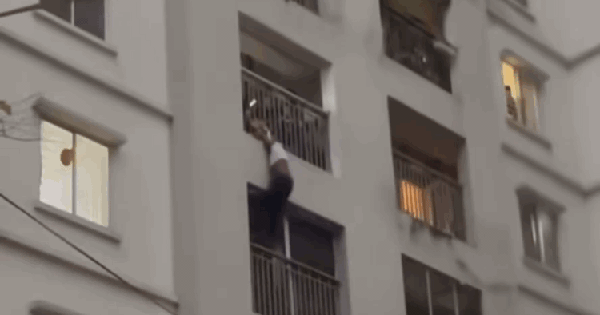

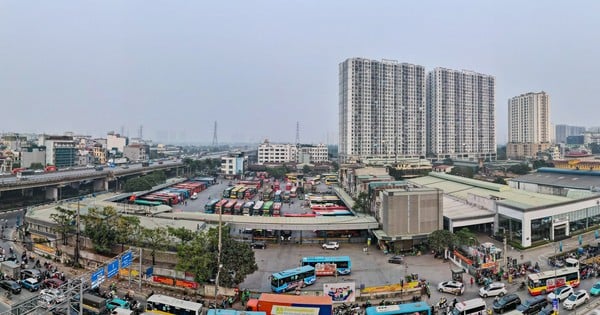



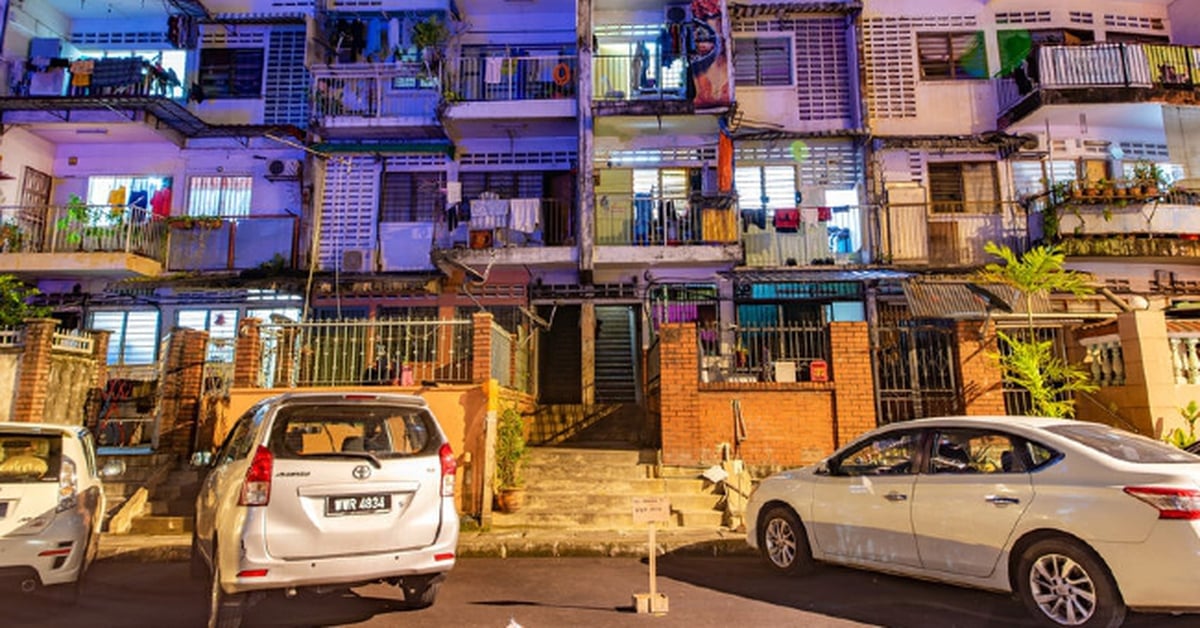


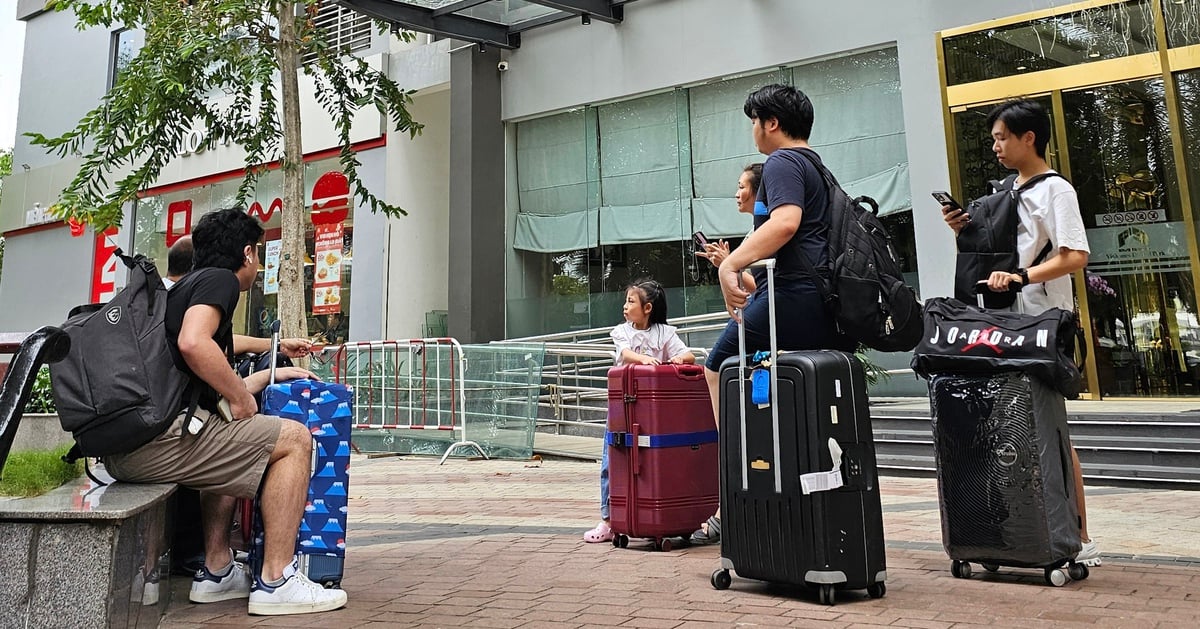


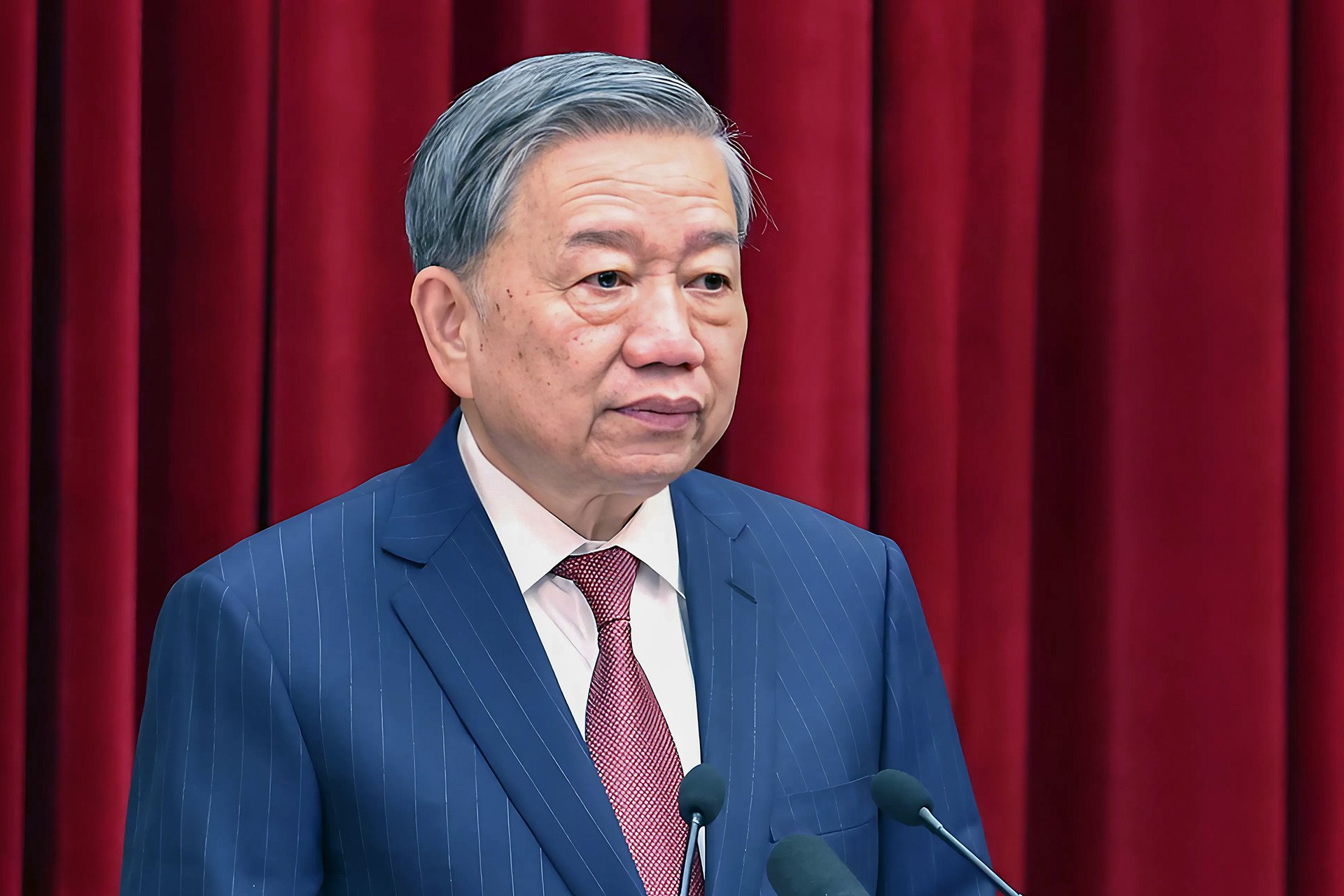

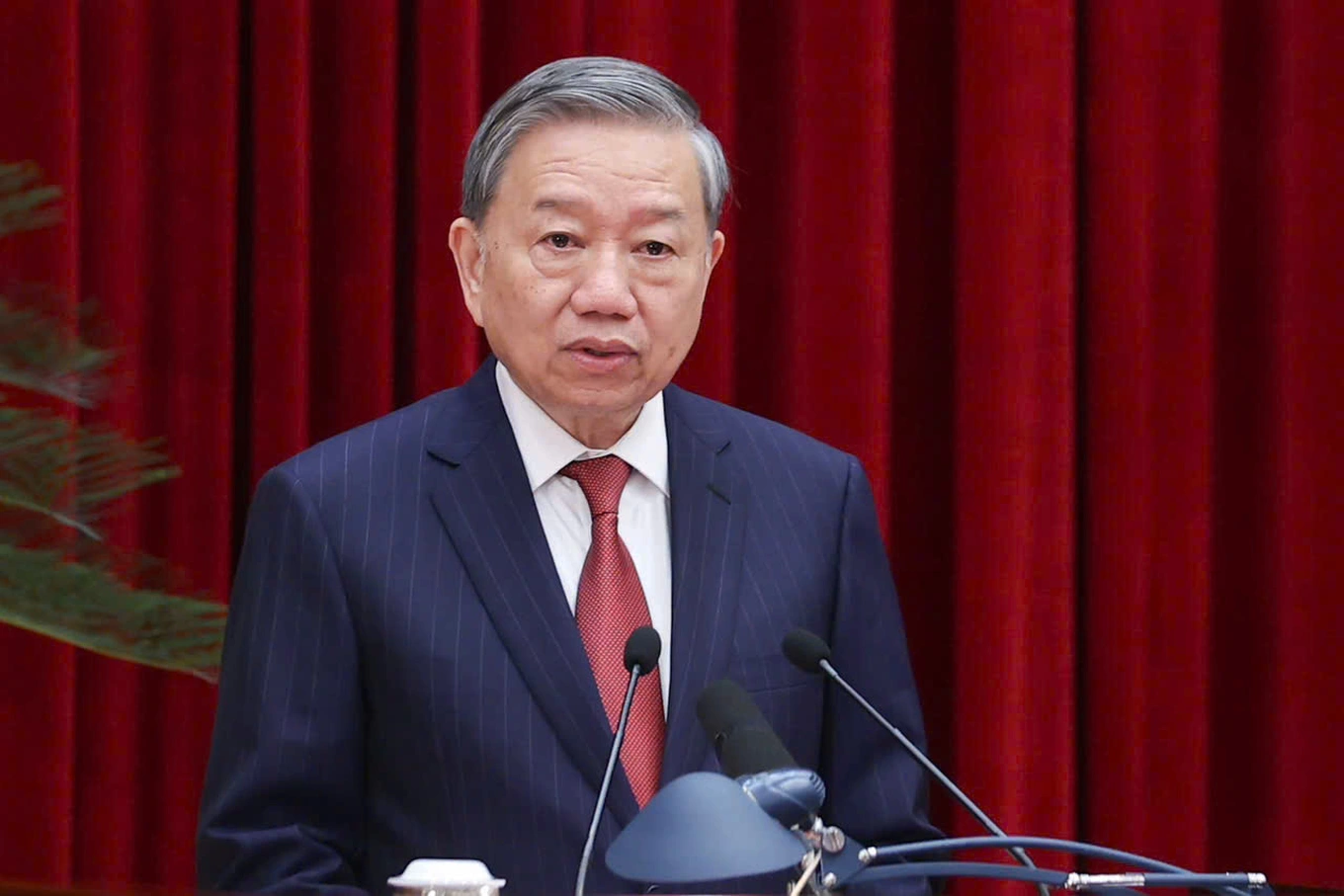



























































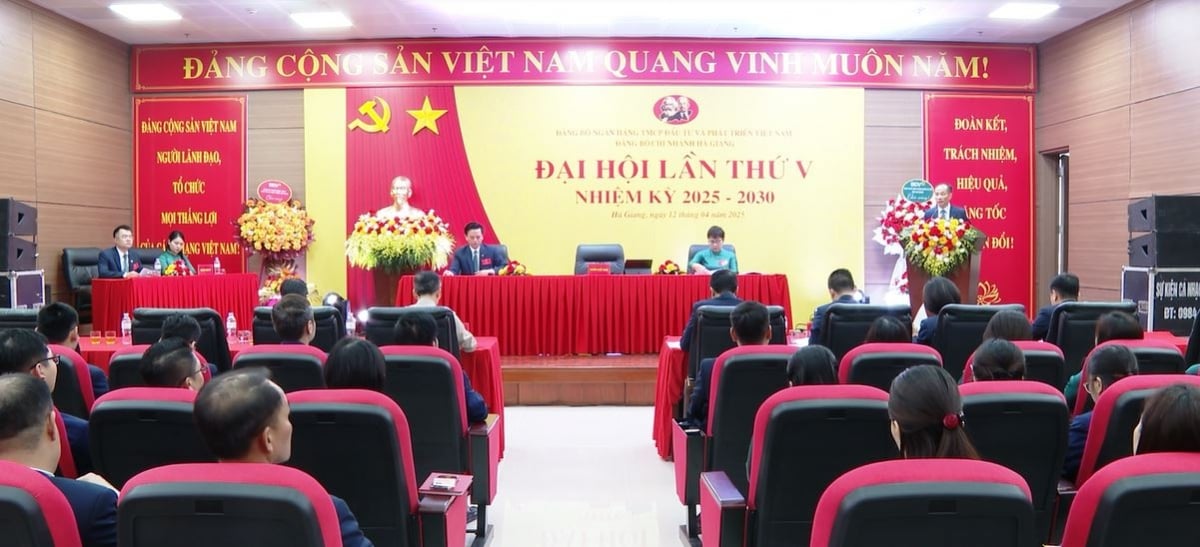












Comment (0)